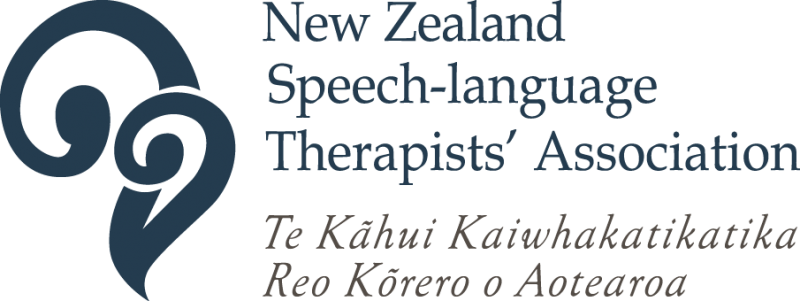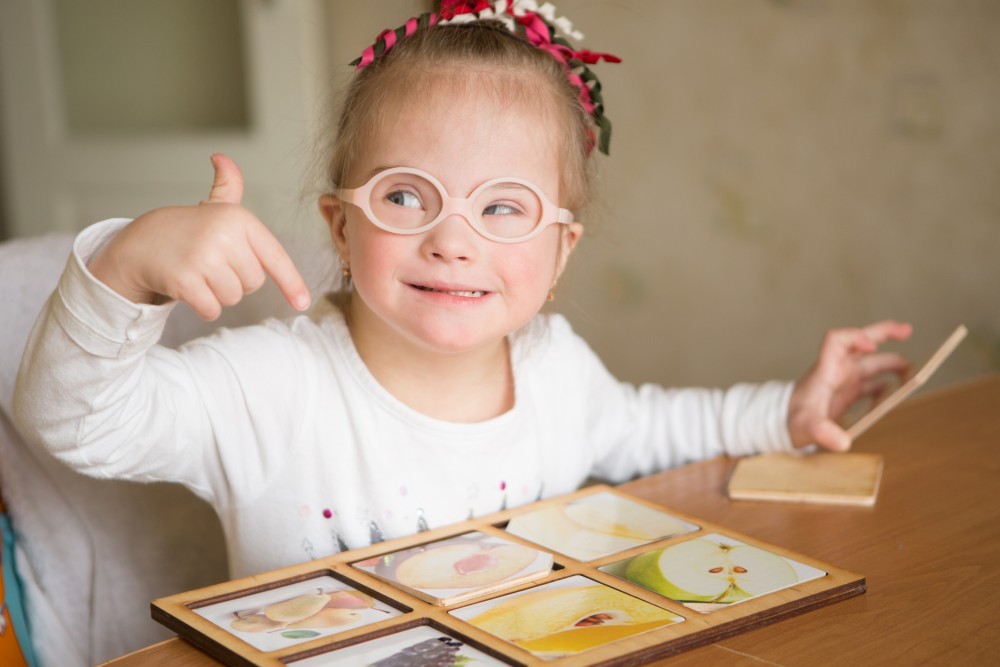Quality ethical practice
The primary aim of the NZSTA is to support our members in providing quality speech-language services.
The NZSTA self-regulates speech-language therapists by providing accountability, professional development, practice resources and guidelines.
Bicultural commitment
The NZSTA is committed to developing and promoting biculturalism and cultural diversity in its work.
To achieve its goals and objectives, the association actively seeks to encourage policies and practices that reflect Aotearoa New Zealand's cultural diversity, particularly the spirit and intent of the Tiriti o Waitangi.
This commitment is reflected in the 2020 – 2025 strategic plan and the NZSTA Board charter.
Advocacy
We represent our members' professional needs and interests in the service of New Zealanders' communication and swallowing well-being through our advocacy role with the government and other agencies.
Awards and honours
The NZSTA's awards, grants and honours recognise distinguished contributions to speech-language therapy practice, education, science, and services to the public and colleagues.
See both awards and grants and honours.
Partnerships
The NZSTA works with other organisations to support the delivery of quality speech-language therapy interventions, cultural competence and the development of the speech-language therapy workforce to improve the wellbeing of New Zealanders.
The NZSTA is a member of Allied Health Aotearoa New Zealand (AHANZ), a national forum for allied health professional associations. These associations work together to promote the role allied health practitioners play in the health and well-being of New Zealanders.
International colleagues
Through its membership in the International Association of Communication Sciences and Disorders (IALP), the NZSTA is connected with international speech and language therapy associations.
The NZSTA is a signatory to the Mutual Recognition of Professional Association Credentials with five overseas national speech-language therapy associations.
Between 2014 and 2023, NZSTA, with equivalent professional bodies from Australia, Canada, Ireland, the UK, and the USA, NZSTA has participated in the journey to promote the rights of people with communication disabilities through the International Communication Project (ICP).

